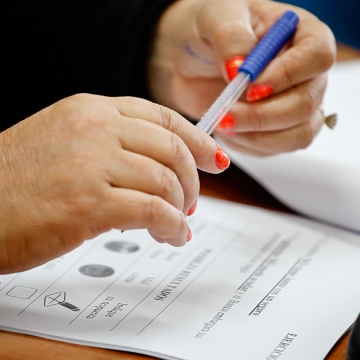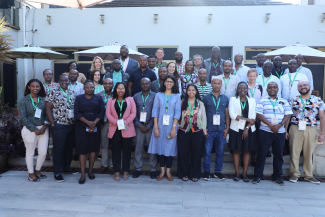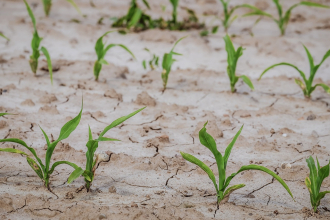
EfD Chile's 9th Annual Meeting addressed environmental challenges
EfD Chile hosted its Ninth Annual Meeting in Villa Baviera Parral, Chile, where researchers, policymakers, and students converged on October 19 and 20 to tackle various pressing environmental issues…



